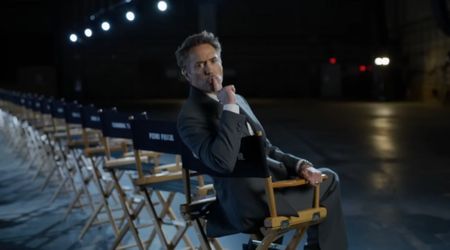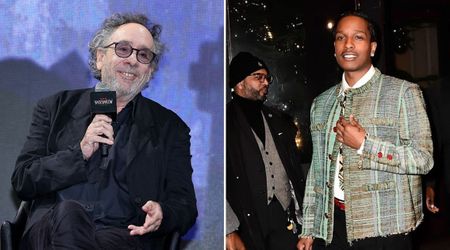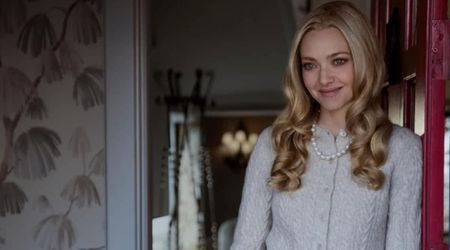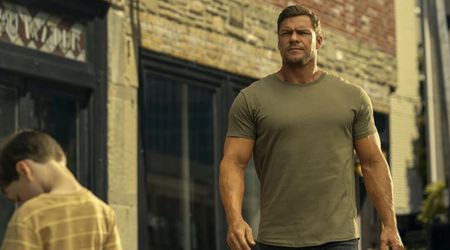'The Trial of the Chicago 7': How one juror turned liberal after learning about '60s counterculture movement

In Aaron Sorkin's latest political drama on Netflix, 'The Trial of the Chicago 7', there is one scene during which Judge Julius Hoffman (Frank Langella) calls the Defense attorneys William Kunstler (Mark Rylance) and Leonard Weinglass (Ben Shenkman), as well as the prosecutors, Richard Schultz (Joseph Gordon-Levitt) and Tom Foran (J C MacKenzie) into his chambers. Judge Hoffman informs them that two of the jurors had been threatened -- the same jurors that were noted by Weinglass in an earlier scene to be sympathetic towards the defendants, one of them because she was holding a copy of James Baldwin's book. When the judge moves to dismiss the juror, who seems reluctant to go, Weinglass simply tells her to keep reading Baldwin.
In itself, the scene is remarkable but what most viewers won't understand is that there is a far more remarkable true story behind that scene. It all comes down to Jean Fritz, one of the jurors. Fritz was then a 51-year-old mother of three, an empty nester, with her grown kids having moved away from home. Fritz had never graduated high school, having had to quit because her family was poor. While Fritz was never openly involved in the protests, she was aware of what was going on and was open-minded, having a copy of Baldwin with her during her summons. Her 20-year-old daughter, Marjorie, on the other hand, was actively involved in the anti-Vietnam War protests.
The Chicago 7 trial came at the peak of anti-war and civil rights protests in the United States during the late 1960s. It was a time when these protests were viewed as a war on traditional American culture, with young people breaking away and distrust in the government was growing. This anti-establishment phenomenon was viewed as the counterculture movement and it gained momentum as people protested against the Vietnam War. While most jurors had made up their minds about the defendants and what they represented, Fritz instead viewed the trial in the way the defendants would have wanted the public to, with a critical eye and open to learning about what they stood for.
During the trial, Fritz kept elaborate journals throughout the proceedings, recording the events and her thoughts during the long process. In interviews given in her later years, Fritz said that she noted that Judge Hoffman was "unfair," and the day that Bobby Seale -- the only Black defendant -- was brought into the courtroom bound and gagged, was horrifying and "sickening." Fritz also noted that while she did not believe the defendants were guilty, she and three other jurors were made to change their minds because Judge Hoffman would not take their answers as they were, and hoped that the defendants could get an appeal. Because of the decision she was forced to make, Fritz wrote in her journal, "Feel I didn’t fight hard enough for what I believed."

It was Fritz's open-mindedness that changed her following the trial. Her daughter Marjorie believed that her mother saw the trial as an attempt by the government to railroad and silence anti-war protesters. Fritz even wrote in her journal during the trial, "Never again will I ever judge people on the way they look or whether they have long hair." By the end of the trial, she had become suspicious of the government, vowing never to judge anyone or to take anything at face value. She had become a liberal Democrat. She had written, "I’ve never been afraid of my government before."
After the trial, Fritz earned the admiration and respect of the Chicago Seven, and she stayed in touch with many of them long after the trial had concluded. Fritz had understood that many of the antics employed by the defendants were done so with a purpose. In her journal, she had written, "They are far too intelligent fellows to be acting like this. So I’m sure it is done on purpose. They want to show the world how in their opinion our courts, lawyers, and judges should be changed." She even viewed the undercover officers testifying on behalf of the government because she felt as if they were "reciting" them.
'The Trial of the Chicago 7' is now streaming on Netflix.










